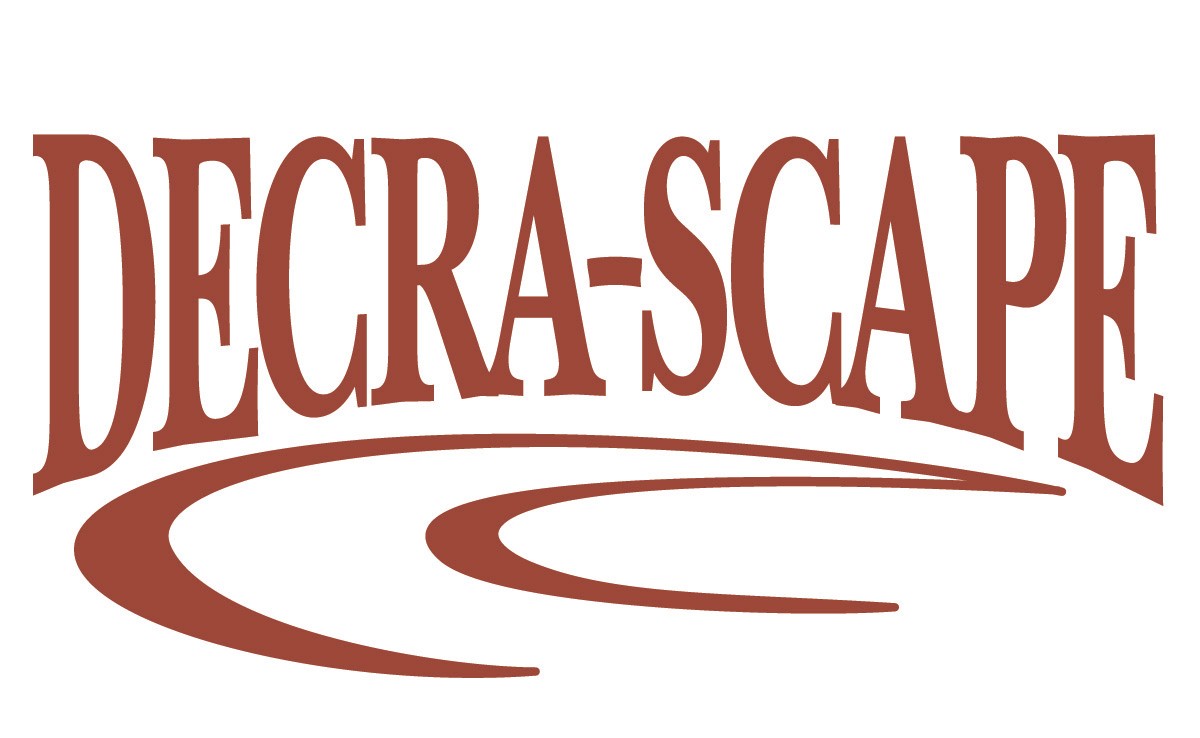Thinking of updating your driveway? Changing the look of your driveway to brick pavers can work wonders for your home’s visual appeal. And it’s a surprisingly cost-effective and practical choice. Here are a few brick driveway ideas, and below you can find the benefits of choosing brick pavers for your new driveway in Macomb and Troy, MI.
1. Style
Brick pavers don’t all look like traditional bricks. They can come in a huge variety of styles including pavers inspired by natural stone such as flagstone or limestone. Some can look like brushed concrete, while others embrace the trend of oversized plank flooring (or appear as cobblestone alternatives with old world charm). Basically, your new driveway can reflect your style, and there are pavers that will beautifully complement your home’s architectural aesthetic.
Sizes vary, too. For the sake of durability, brick pavers that are rated for driveway use tend to be smaller than pavers rated for pedestrian use. It’s generally rare to see driveway pavers larger than 8” square (or rectangles up to 8”x18”). Depending on the style you choose, your driveway could end up with a more or less random appearance of flagstone, or a more traditional and structured look of classic brick.
You don’t have to stick with square or rectangular pavers. Hexagonal pavers are also a great choice for a fresh yet timeless look, for an eye-catching driveway with flair.
2. Durability
Compared to poured concrete or asphalt, brick paver driveways are extremely durable. Partly this is because the surface isn’t actually solid, like poured concrete or asphalt. Each paver is separate, and even if they’re joined together by polymeric sand, which cures into a concrete-like hardness, some movement is still possible. This—perhaps counterintuitively—results in a much more stable driveway that won’t crack, heave, or sink with the movement of the soil.
You can also have individual pavers replaced that have been damaged, rather than resorting to ugly patches that will eventually succumb to the freeze-thaw cycle and even let weeds grow. If pavers are set in polymeric sand, weeds will find an exceptionally hard time in gaining a foothold.
Regular sealing of your paver driveway can ensure that the surface is protected not only from abrasion from tires but from UV degradation, although not every type of pavers needs to be sealed.
The one time where pavers could potentially be vulnerable is winter, when careless snow plowing can scratch the paver surface. However, while you’re having a new driveway constructed, you could also install a snowmelt system that will virtually eliminate the need for plowing or shoveling, and it will save your landscaping and paver surface from damage from deicing chemicals. If you do this for your new front walkway, too, you can be assured that you’ll be providing a safe welcome for your family and guests.
3. Permeability
When it rains, a tremendous amount of water can end up running off a solid concrete or asphalt driveway—or even a traditionally installed paver driveway. To prevent flooding of your landscape, puddles, or a strain on the municipal stormwater system, you could opt for permeable pavers. The pavers themselves look just like regular pavers (they’re also available in a range of styles), but they are designed to have slightly larger joint spaces between the pavers to allow water to seep through to a special substrate that evenly disperses water into the soil below. The result is a driveway that remains drier and more eco-friendly than any solid surface driveway.
Related: Here's How to Choose Brick Pavers for Your Brick Patio in Canton, MI Area



